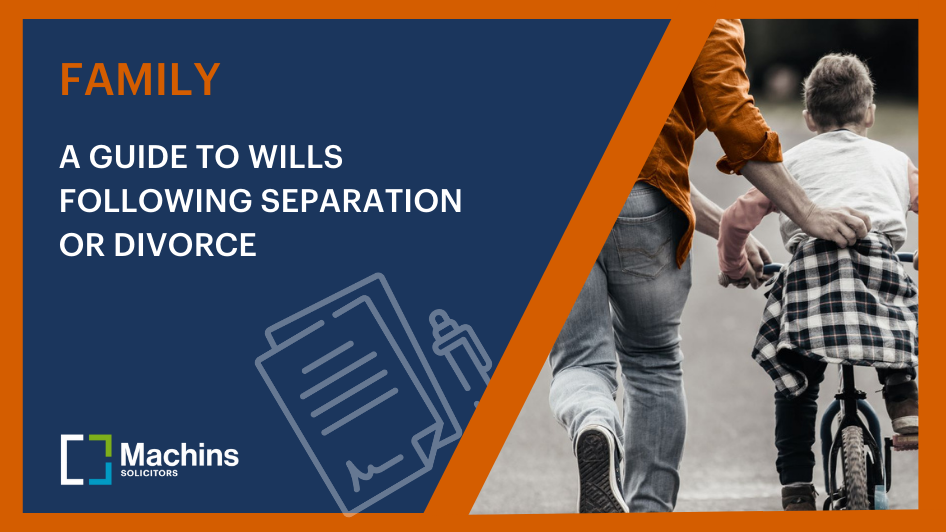There are a number of exceptions to the general rule that gifts made during a person’s lifetime will use up their nil rate band (the tax-free amount), including the following:
- Gifts between spouses or civil partners are exempt
- A person can give gifts up to a total of £3,000 each year without the gift(s) using the nil rate band. This can be carried over to the following year, to a maximum of £6,000
- Gifts of less than £250 do not count at all
- Wedding gifts are exempt, and the amount that you can give depends on your relationship with the recipient. You can give up to £5,000 to your child, £2,500 to a grandchild or great-grandchild, and £1,000 to anyone else.
- Gifts from income
- Gifts to certain people to help with living costs
- Gifts to charities or some political parties
If the whole of the nil rate band has been used up and inheritance tax is payable, the rate of tax is reduced for gifts made between 3 and 7 years before the person died. This is known as ‘taper relief’.
It should be noted that there are rules to prevent people from obtaining the inheritance tax advantages described above, in situations where a gift is made but the donor of the gift retains an interest or benefit from the property. An example would be where a mother gives her house to her children but continues to live in it. These are called the ‘reservation of benefit’ rules. The rules do not apply in every situation, and care should be taken when making lifetime gifts.
The rules regarding gifting and how they interplay with your estate and nil rate band can often be confusing. We can discuss this with you in an easy to understand way.
Our experienced solicitors can provide expert advice on how this may interact with your estate in the future.

















